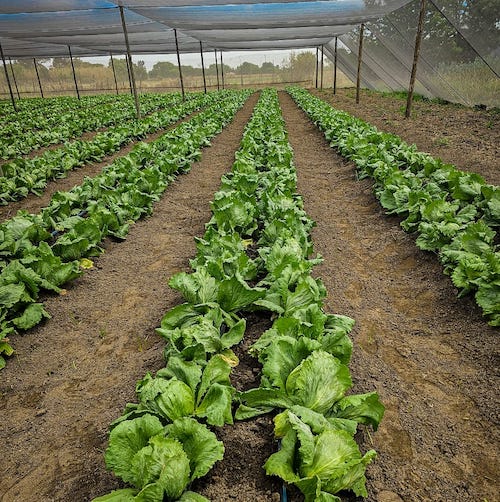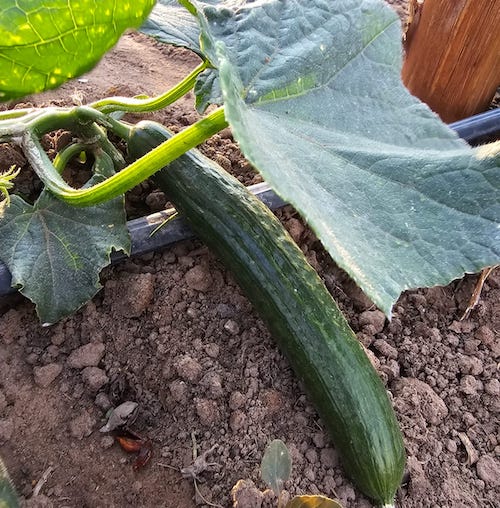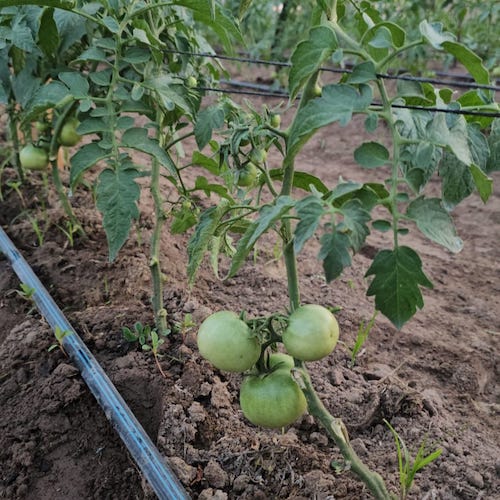Mixed Vegetable Farming as a Strategy for Smallholder Farmers*.
As many of you know, in addition to being a Co-Founder of Kuronga, the journey of building this platform inspired my wife and I to get into farming ourselves. In our second year of farming, we have adopted a mixed farming strategy, focusing on a mix of higher value vegetables after having solely grown spinach (how we in South Africa refer to Fordhook Giant Swiss Chard) in our first year.

The question is often asked, regarding whether one should opt for a mixed crop strategy, or rather choose to focus on a single crop variety and specialise when farming on one plot of land. This question mainly is particularly relevant to hobbyist or subsistence smallholder farmers who are trying to transition into a commercially viable and sustainable venture.

Monocropping, or monoculture, is the growing of a single crop type on a given plot of land. This typically carries a number of risk considerations that affect smallholder farmers more significantly than large-scale farmers. Conventional wisdom generally favours mixed cropping for a few reasons. In general, mixed vegetable farming offers several benefits such as:
- better soil health by diversifying nutrients and microbes in the soil,
- improved pest and disease management as different crops are affected by different pests and diseases, reducing the likelihood any single point of failure for all crops,
- diversified income and spreading risk due to different market demands, and
- enhanced environmental biodiversity.

My view is that the answer is probably somewhere in the middle, one might call it broad specialisation. Instead of specialising in a single crop, one might perhaps focus on two or three that have a steady market, that can be easily rotated, resulting in relative specialisation, whilst also enjoying the benefits of a mixed crop strategy.

That’s some food for thought from me. Chew on it, and let me know what you think in the comments below.
Are you a farmer wanting to learn how to access different markets by enhancing your on-farm grading capabilities? Sign up now and get listing on Kuronga.
Are you a buyer looking for more reliable suppliers or maybe just looking for an easier way to standardise the grading of your existing suppliers? Sign up now to list your procurement quality requirements and provide your suppliers with grading feedback.
You can also check out our how to guides to learn more about using our platform.
A smallholder farmer is a farmer that is farming on 2 hectares or under.
